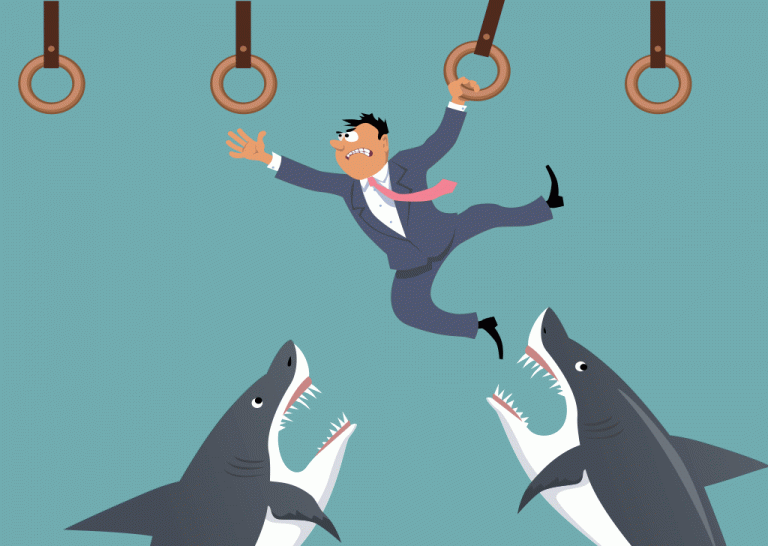When I first came into recovery, I didn’t know what is detachment, or how enmeshed I was with family problems that were out of my control. I was bitter and burnt out. I heard the word detachment and ran.
What is detachment anyway
I had some learning to do. Early in my recovery, my friend Chel explained detachment like this: In golf, it’s crucial to stand far away from the person swinging the club. If I stand too close to my fellow golfer, his club won’t get hurt. In fact, he won’t get hurt. I am the one who is at risk. The same principle applies to addiction and dysfunction. If I am too close emotionally to someone else’s problems, I am more likely to get hurt.
Detachment is standing back
How far back I need to stay depends on the magnitude of the crisis happening at home. Before I found recovery, I was hyper-focused on curing Ricky of his addiction, and curing my Mom’s addiction to Ricky. Regularly, I pointed out how I thought the way they were handling their problems was 100% wrong. I “kindly” told them the “right” way to solve them. When they forgot my suggestions, I reminded them with great passion and fervor. And can you believe they didn’t want my help? Yet I kept offering and controlling.
When I finally found recovery, I literally moved hundreds of miles away from my mother and my brother Ricky. I fantasized about changing my phone number and never contacting them again. Standing back was the first step to my healing. I’ll never forget the first time I heard the truth:
The only person I can change is me.
How did I enter adulthood without knowing this basic truth about human nature?
Detachment gave me time to heal
My over-involvement in my Mom and Ricky’s dysfunctional relationship only hurt me, and I needed an extreme relationship makeover. I did end up giving my Mom my phone number, but I quit calling Ricky. I also quit taking all of my Mom’s phone calls.
In the beginning, I texted her back to let her know I was OK but couldn’t talk that day. Then I told her when I would be able to talk. This practice sounds so easy, but it took several weeks and my sponsor’s encouragement to orchestrate. I too was enmeshed in my Mom’s life.
I also quit asking my Mom questions like:
- How are you?
- How is Ricky?
- What’s new?
Superficial questions like these invited my Mom to unload. Next, I stopped the unloading. After a few months of recovery, I was able to tell my Mom that Ricky’s drama was too sad for me. I could no longer discuss his problems.
Finding my safe distance in detachment
Three years later, I’ve healed enough to see Ricky’s addiction for what it really is – a progressive brain disease. My Mom has also been affected by the disease of addiction. Neither of them have taken any steps towards recovery. In fact, they are getting sicker. Last month, Ricky moved back in with my parents.
This family disease often makes me sad. Even though they are all still alive, I’ve lost my brother, nieces, and my Mother to addiction. But thanks to detachment, I can see Ricky as a person with a sickness, and I can love him from afar. Loving my Mom is still a work in progress, but detachment keeps me safer from the wreckage and gives me a chance at loving her without hurt and resentment.
Melody Beattie On WHEN To Detach
My Mom is coming to visit me later this month, which means I must sharpen my detachment skills. To prep for her visit, I dusted off my copy of Codependent No More by Melody Beattie. Because detachment is so important to self-care, Beattie has devoted an entire chapter to this subject. She writes that we should detach WHEN:
- “We can’t stop thinking, talking about, or worrying about someone or something;
- “Our emotions are churning and boiling;
- “We feel like we have to do something about someone because we can’t stand it another minute;
- “We’re hanging on by a thread, and it feels like that single thread is frayed; and
- “We believe we can no longer live with the problem we’ve been trying to live with.”
In closing, I have found what Beattie says about detaching to be true, “If you can’t detach in love, it is my opinion that it is better to detach in anger rather than to stay attached.” In both golf and dysfunction, we have to stand back far enough to keep from getting hit.





















